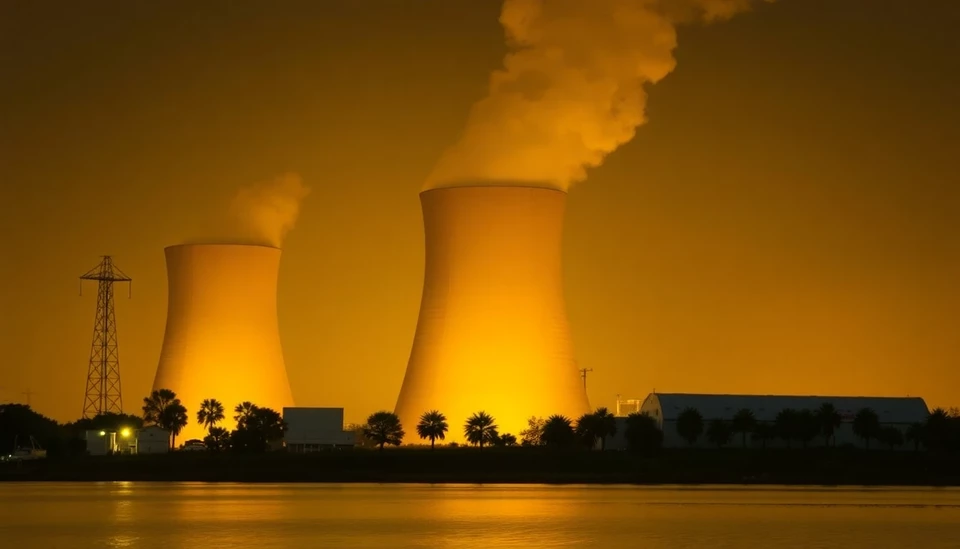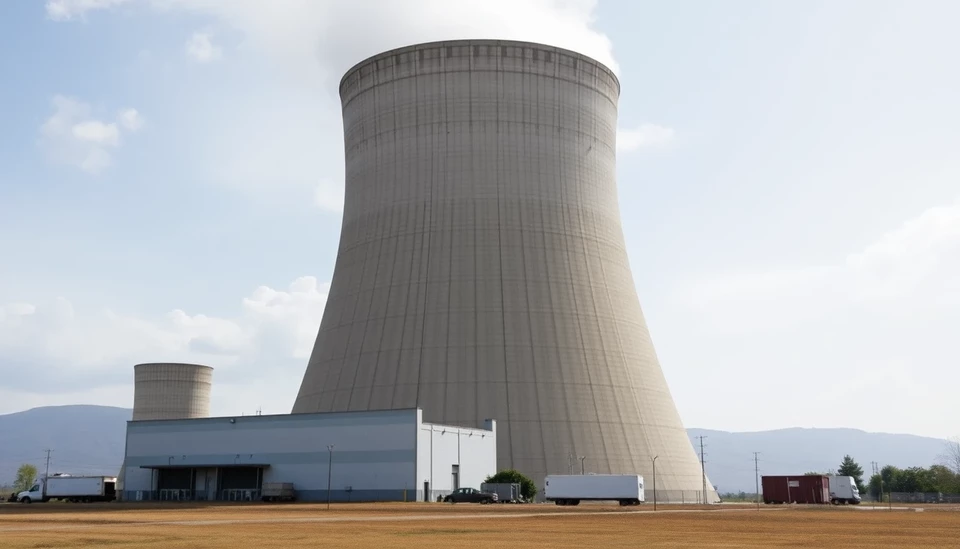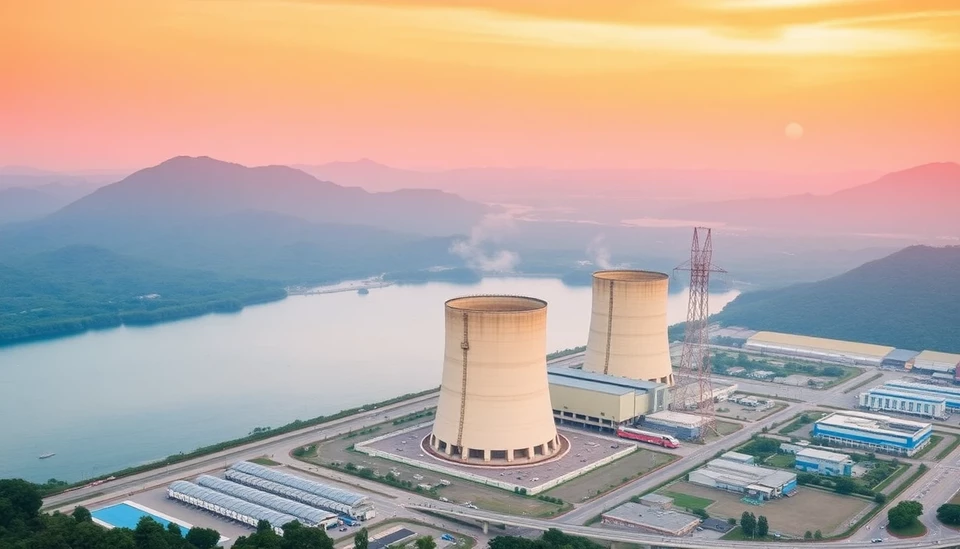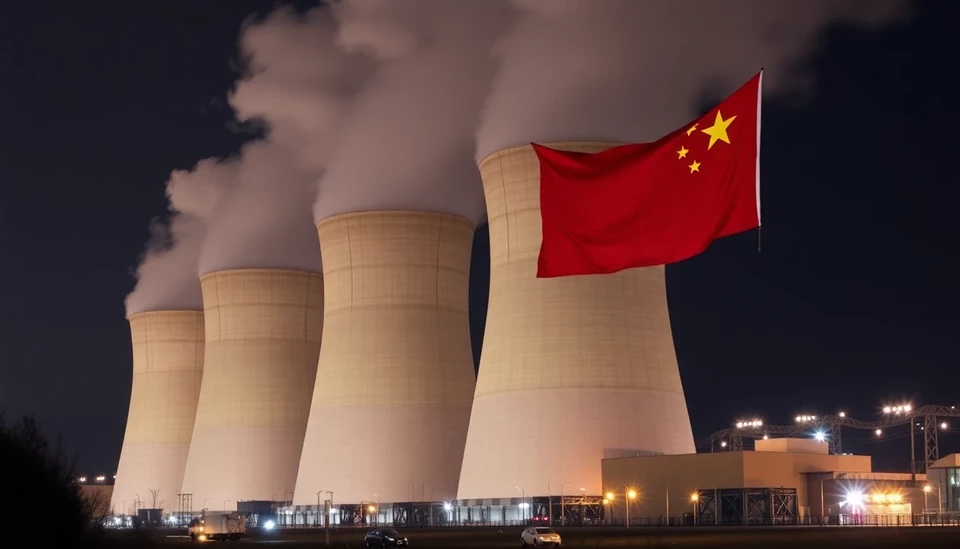
In a landmark report released by the Australian Academy of Science, experts have concluded that nuclear power is not a cost-effective solution for Australia’s energy needs. This comprehensive assessment, aimed at informing ongoing discussions about the future of energy in the country, comes at a time when Australia is seeking to bolster its energy security and address climate change challenges.
The findings of this latest report directly challenge the nuclear industry's proponents, who argue that nuclear should play a pivotal role in Australia’s transition to a low-carbon economy. The Academy’s analysis emphasizes that renewable energy sources, such as solar and wind, combined with efficient storage technologies, represent a more viable and economically favorable path for Australia.
The report provides extensive data on projected costs, arguing that the construction and maintenance of nuclear plants are significantly more expensive than expanding and enhancing existing renewable infrastructure. By highlighting these financial discrepancies, the Academy aims to steer policymakers towards investing in renewable options rather than diverting funds into developing nuclear capabilities.
Furthermore, the Academy points to the rapidly falling costs of renewable energy technologies, which have outpaced the economic viability of nuclear power. As investment in solar and wind grows, the report underlines the crucial role that government policies and incentives play in ensuring these technologies remain competitive. Increasing reliance on renewable resources is seen as the key component to reducing carbon emissions and moving towards a more sustainable energy future.
While nuclear proponents have cited its potential to provide baseload power and contribute to grid stability, the Academy's report raises questions about the long-term implications of investing in nuclear energy. With construction timelines often extending over a decade, along with stringent regulatory requirements and public concerns regarding safety and waste disposal, the immediate benefits of nuclear power appear less compelling when weighed against rapidly advancing renewable technologies.
In light of these factors, experts stress that, instead of nuclear power, Australia should focus on enhancing its energy efficiency, expanding local grid infrastructure, and actively pursuing energy innovation. The report encourages a diversified energy portfolio that prioritizes renewables and considers a wide range of technological solutions, rather than anchoring the energy strategy on a single source like nuclear power.
As this discussion continues to unfold, the Australian government faces increasing pressure to clarify its energy policy moving into the future. The implications of this report will undoubtedly influence ongoing debates in Parliament and among industry stakeholders as the nation grapples with its energy transition and commitments to climate action.
The Australian Academy of Science's report serves as a timely reminder of the economic realities facing prospective nuclear ventures, emphasizing the importance of choosing a strategic path that aligns with both environmental goals and fiscal responsibility. The future of Australia's energy landscape, therefore, might heavily lean towards renewable sources that can sustainably meet the energy demands of both the present and the future.
In summary, while nuclear power remains a contentious topic in energy discussions, the recent findings from the Australian Academy of Science suggest a clear pivot towards renewable solutions as the most economically sound and environmentally advantageous option for Australia’s energy future.
#NuclearPower #RenewableEnergy #AustraliaEnergy #ClimateChange #EnergyPolicy
Author: Sophie Bennett




